Indonesia: Shooting of Human Rights Defender Highlights Escalating Threats in Papua
JAKARTA, RAKYAT NEWS— Amnesty International Indonesia is condemning the recent attack on Yan Christian Warinussy, a prominent human rights lawyer in West Papua.
In a written statement, the organization’s executive director, Usman Hamid, decried the shooting as a grave violation of human rights and an alarming indicator of the growing dangers faced by activists in the region.
“This heinous act not only violates Yan Christian Warinussy’s right to bodily integrity but also represents a significant attack on the principles of justice and human rights in Papua,” said Usman
Yan Christian Warinussy has dedicated his career to advocating for human rights in Papua, working tirelessly to expose abuses and offer legal assistance to the most vulnerable populations. His unwavering commitment has been instrumental in shedding light on numerous human rights violations and advancing justice and equality.
“This attack is a deplorable attempt to silence a courageous voice and instill fear in those who fight for justice,” Hamid continued. “We urge the authorities to conduct a prompt, effective, thorough, and impartial investigation into this attack and to bring the perpetrators to justice in fair trials. The government must take immediate and decisive action to protect human rights defenders and ensure that those responsible for such acts of violence are held accountable.”
The attack on Warinussy occurred on Wednesday, 17 July, in Manokwari, West Papua province. According to reports from his driver, the shooting took place after Warinussy had withdrawn money from a roadside ATM. Earlier that day, he had attended a corruption trial involving local state auditors at the Manokwari anti-corruption court.
Despite being shot by an unidentified assailant, Warinussy survived the attack and was promptly taken to the hospital where doctors successfully removed an air rifle bullet from his chest. Local police have launched an investigation and are actively searching for the suspect.
Warinussy is a well-respected figure in Papua, known for his leadership at the Research Institute for Legal Aid Assessment and Development (LP3BH) in Manokwari.
His extensive work in defending the rights of the Papuan people has earned him national and international recognition, including the prestigious John Humphrey Freedom Award in 2005.
This accolade highlighted his efforts to expose severe human rights violations in West Papua and advocate for marginalized communities, despite facing ongoing threats and intimidation.
The attack on Warinussy underscores the perilous conditions under which human rights defenders in Papua operate, raising urgent calls for enhanced protections and accountability measures from the government.
The conflict in Papua, particularly in the Indonesian provinces of Papua and West Papua (collectively known as Papua), is a complex and longstanding issue rooted in historical, social, political, and economic factors. Here are some key aspects of the conflict:
Papua was incorporated into Indonesia in 1969 after a controversial referendum known as the Act of Free Choice, which many Papuans and international observers criticize as being neither free nor fair. This historical context has led to ongoing grievances among Papuans who seek greater autonomy or independence from Indonesia.
Many Papuans feel marginalized within Indonesia, citing issues such as limited political representation, economic exploitation of Papua’s natural resources (like mining and logging), and perceived cultural suppression.
3 The conflict has been marked by sporadic violence, often involving separatist groups like the Free Papua Movement (OPM) and Indonesian security forces. Reports of human rights abuses, including arbitrary arrests, torture, and extrajudicial killings, have been documented by international human rights organizations.
Despite Papua’s rich natural resources, poverty levels are high and infrastructure development lags behind other parts of Indonesia. This disparity has fueled grievances and exacerbated tensions.
Various stakeholders, including civil society groups, international organizations, and some Indonesian politicians, have called for peaceful dialogue to address the underlying issues and find a sustainable solution to the conflict. (Uki Ruknuddin)



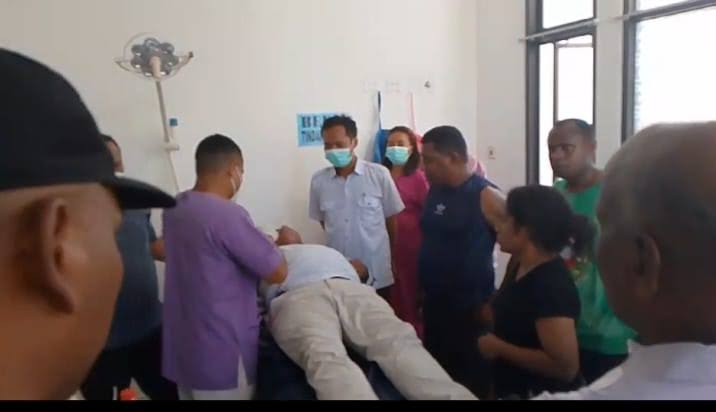





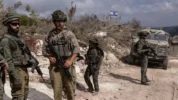
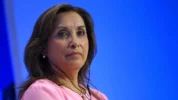
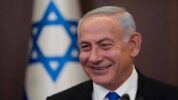

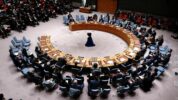




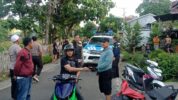







Tinggalkan Balasan